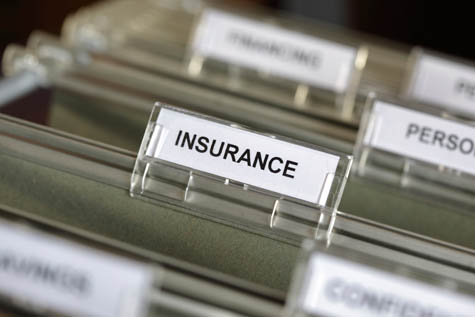Anyone that owns or manages a small commercial business should consider small commercial insurance, as every business should be fully protected against liability and huge financial losses due to claims made against them. Whether a store owner or a wholesaler, small commercial insurance is necessary in order for the business to continue to be successful. The following will take a look at small commercial insurance in order to come to a full understanding of what it is, what it entails and the coverage types available for those that purchase it.

Understanding Small Commercial Insurance and What It Entails
Small commercial insurance is generally designed as a means of providing liability coverage that will protect the company from suffering through a huge financial loss if an accident or injury occurs to employees or because of a product being sold by the business. For a small commercial business to continue to grow and maximize profits, it’s essential that liability is accounted for. Small commercial insurance offers coverage for a wide range of liability types, all of which may prove to be necessary. In total, there are four types of coverage provided with small commercial insurance, which will be detailed in the following.
Small Commercial Insurance Coverage Types
There are four basic types of coverage with small commercial insurance, including personal injury, bodily injury/property damage liability, tenants legal liability and medical payments. Personal injury liability provides coverage for situations where “injury” has been done to a persons reputation or character, such as a false arrest, libel or verbal defamation. Any commercial business that purchases this type of insurance will be protected if they are accused of any of these personal injury actions. That being said, there are specific instances that coverage does not extend to, such as knowingly making a statement about someone or their business that is known to be false at the time the statement is made.
Bodily injury and property damage liability extends to situations where the company, employees or products are held liable for damages or a physical injury that may have happened to a third party. If the third party is sided with, the small business will be required to pay damages as a means of compensation for the third party that levied the complaint. This type of liability coverage will pay all of these damages, which covers punitive damages, injury caused by commercial automobile, exemplary damages and injuries to any employee or their property. While these are the two primary types of coverage, the other two types can also be highly important to a small business owner.
When it comes to tenants legal liability, this type of coverage is essential for anyone that is renting a building for their small business. In essence, if the owner of the small commercial business causes damage to the property of the landlord, there are times when the tenant would be legally responsible for covering all of the costs related to repairing whatever was damaged. Small commercial insurance covers all of these repair costs so that the small business owner can focus solely on ensuring that their business is maximizing profits. It’s important to note that this type of coverage only applies to damages within a rented space that is owned by someone else.
Insurance coverage for any medical payments is necessary for instances where a person is injured due to an accident on the premises of the small commercial business owner or because of the operations being done by the business. Even if the small business owner is not directly responsible for the injuries that occurred, a lawsuit can still be filed against them as a means of getting back some of the medical costs. This coverage will drastically reduce what the small business owner must pay. Anyone that is excluded from the bodily injury/property damage coverage will also be excluded from this coverage.
